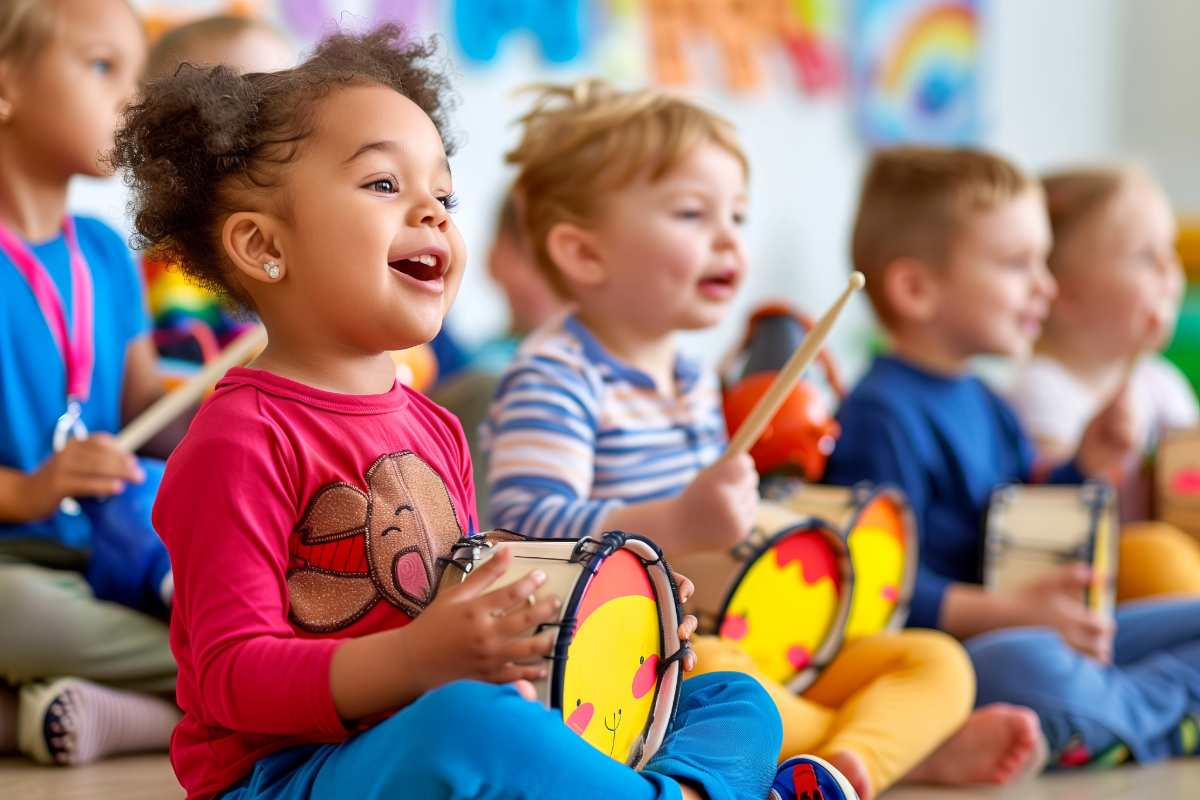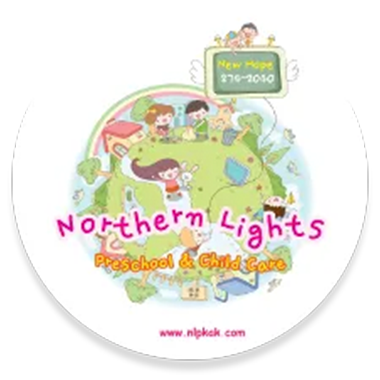
The Benefits of Music and Movement Time for Your Toddler
Posted on March 24, 2025
by
nlpkak
The Benefits of Music and Movement Time for Your Toddler
Music and movement time is more than just fun—it’s a powerful way to support your toddler’s growth across all areas of development. From language and motor skills to social-emotional learning, engaging your child in musical activities can have a lasting impact.
Let’s explore how this joyful part of the day can benefit your little one in meaningful ways!
Boosting Brain Development
Music activates multiple areas of the brain at once, making it a fantastic tool for early learning. Singing along to songs, recognizing rhythms, and remembering lyrics all help toddlers build memory, focus, and listening skills.
Even simple songs with repetition and rhyme support early language and literacy development. Over time, toddlers begin to connect sounds with meaning, strengthening the foundation for reading and communication.
Encouraging Emotional Expression
Toddlers are just beginning to understand and express their emotions—and music gives them a healthy, creative outlet. Whether it’s clapping to a happy tune or swaying gently to calming melodies, music helps children process and express how they feel.
Movement also gives toddlers a sense of control over their bodies and emotions. Dancing freely or engaging in guided movement routines can lift moods, release energy, and promote a sense of calm.
Supporting Social Skills
When toddlers sing, dance, and play instruments together, they’re not just having fun—they’re learning how to cooperate, share, and take turns. Group music and movement activities provide wonderful opportunities for social interaction and connection.
Through these shared experiences, children practice empathy, patience, and teamwork—skills that will serve them well in preschool and beyond.
Developing Physical Coordination
Movement activities help toddlers build both gross and fine motor skills. Actions like jumping, stomping, clapping, and using scarves or rhythm sticks improve coordination and body awareness.
These playful movements also strengthen muscles, build balance, and support brain-body connections that are essential for overall physical development.
Inspiring Creativity and Imagination
Music naturally invites self-expression and imaginative thinking. Whether pretending to be animals while dancing or making up silly lyrics, toddlers love exploring their creativity through sound and movement.
This kind of play encourages confidence and curiosity—two key ingredients for lifelong learning and discovery.
Making It Part of Your Daily Routine
Incorporating music and movement into your toddler’s day doesn’t require anything fancy. Simple songs, clapping games, or a few minutes of dancing together can brighten your child’s mood and create meaningful learning moments.
Whether at home or in a classroom setting, music and movement time helps children feel joyful, supported, and ready to grow.
Engaging toddlers in music and movement is one of the most delightful and beneficial ways to support their early development. It nurtures the whole child—mind, body, and heart—setting the stage for a happy and healthy start to learning.
